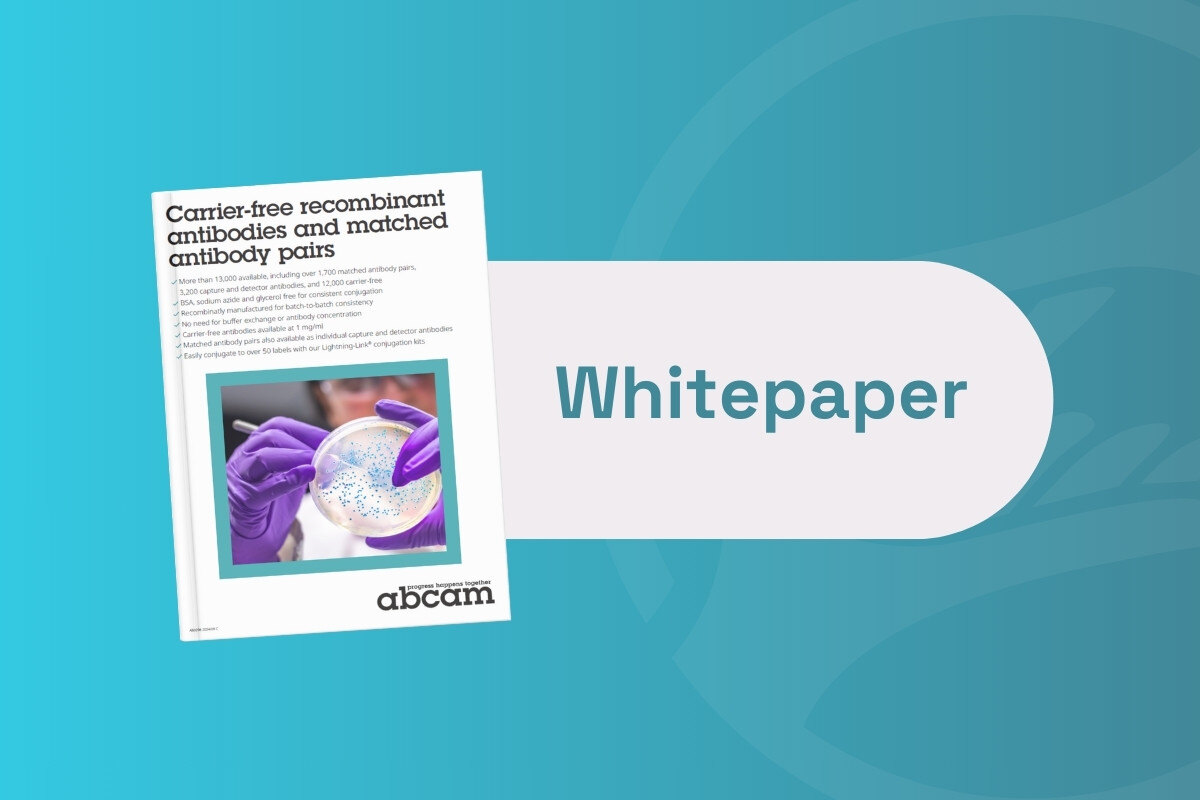Artificial Intelligence in Mammography Could Double Breast Cancer Screening Efficiency

A study published in the Lancet made headlines when it suggested that the use of artificial intelligence (AI) in mammography could be “as good as two radiologists”.
Preliminary results from the first randomised controlled trial of its kind found that AI increased the detection of cancers and malignancies when compared to screen readings by radiologists.
The trial is the most comprehensive of its kind to date, and could potentially represent a watershed for the broader use of AI in cancer diagnosis.
- Study finds that chronic stress worsens gut inflammation
- Celebrating the achievements of Barbara McClintock, discoverer of gene transposition
- New human pangenome capturing more genomic diversity released
Breast cancer is the most prevalent cancer globally, with more than 2.3 million women developing the disease per year.
Screening for breast cancer can improve prognosis and reduce mortality by detecting malignancies in patients at an earlier, more treatable stage.
Previous studies into whether AI can accurately diagnose breast cancer in mammograms have been carried out retrospectively.
However, this is the first study to directly compare AI-supported screening with standard care.
Investigating Artificial Intelligence in Mammography
A sample population from Sweden with an average age of 54 were used for the study: half of the scans taken were assessed by two radiologists, while the other half were assessed by AI-supported screening with subsequent interpretation.
Across the project, 244 women recalled from AI-supported screening were found to have cancer, compared with 203 women recalled from standard screening.
Importantly, the use of AI did not generate false positives, something that radiologists have previously flagged as a concern in the use of AI to assess cancer incidence.
Overall, there were 36,866 fewer screen readings taken by radiologists in the AI group compared with the group receiving standard care – a 44% reduction in workload.
A secondary aim of the project assessed whether AI can detect interval cancers: cases detected between screenings that typically have a poorer prognosis.
The final results of the study, which explores whether AI can reduce the number of interval cancers and whether the use of AI in screening is justified, are not expected for several years.
However, preliminary analysis found that AI-supported mammography screening resulted in a “similar cancer detection rate compared with standard double reading, with a substantially lower screen-reading workload.”
The paper’s lead author – Kristina Lång, Associate Professor in Radiology Diagnostics at Lund University, Sweden – said the greatest potential of AI at present was that it could “allow radiologists to be less burdened by the excessive amount of reading.”
A spokesperson for NHS England said the research was very encouraging, and that it was already exploring the applications of AI in cancer diagnosis for women, allowing for the detection of cancers at an earlier age.
Get your weekly dose of industry news and announcements here, or head over to our Omics portal to catch up with the latest advances in spatial analysis and next-gen sequencing. To learn more about our upcoming NextGen Omics UK conference in London, click here to download an agenda or register your interest.







